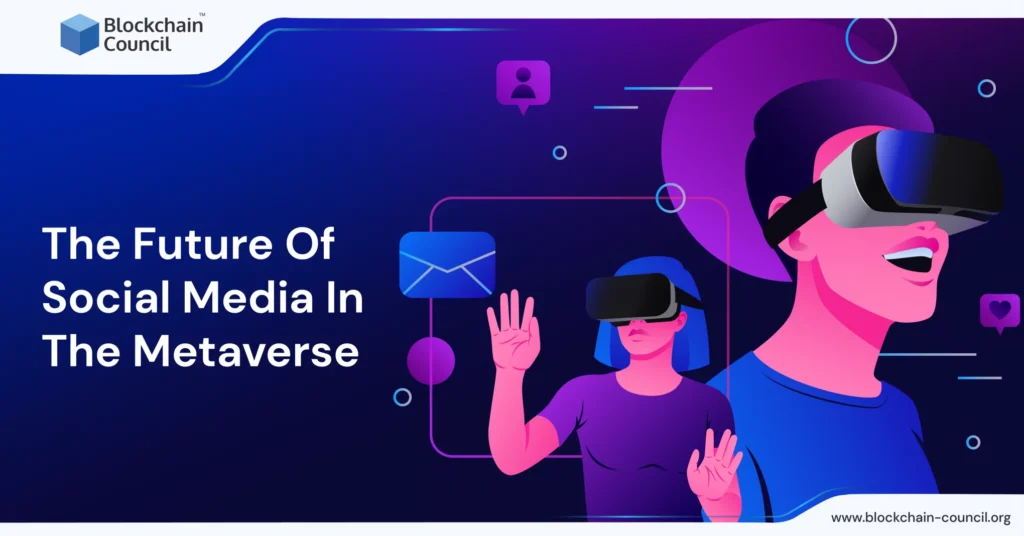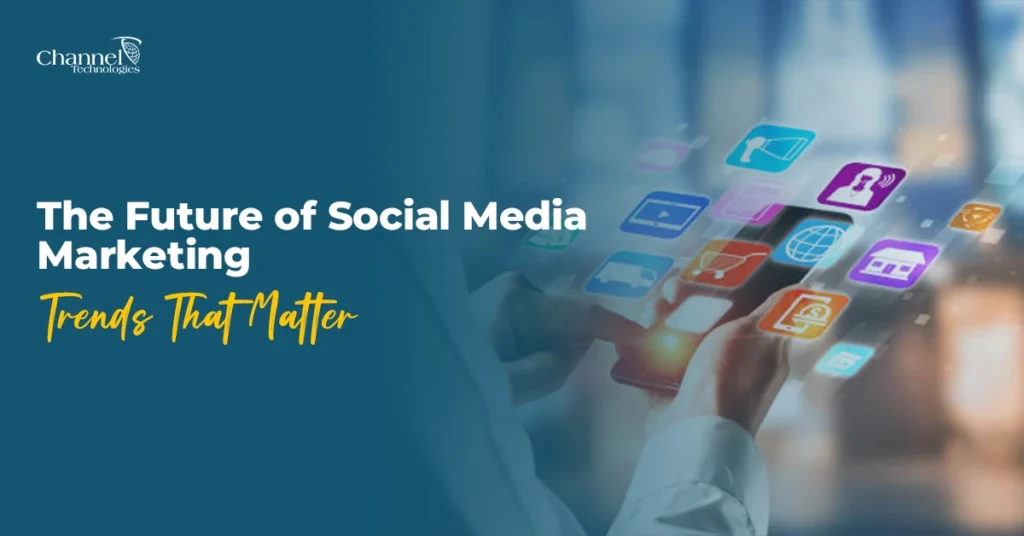Social media marketing is no longer just about posting pretty pictures or catchy captions. It has evolved into a billion-dollar industry where businesses, creators, and consumers interact in ways that shape purchasing decisions daily. As technology advances, so does the future of social media marketing. The next decade will bring innovations that blur the lines between reality and digital interaction, forcing brands to rethink how they connect with audiences.

The Current Landscape of Social Media Marketing
Right now, platforms like Facebook, Instagram, TikTok, LinkedIn, and X (formerly Twitter) dominate the marketing space. Businesses focus heavily on short videos, engaging visuals, influencer partnerships, and paid ads to grab attention. Brands know that the customer journey often begins on social media, making it the front door to digital marketing.
Emerging Trends Shaping the Future
Social media is changing faster than ever. A few game-changers include:
- Short-form video: TikTok, YouTube Shorts, and Instagram Reels are proving that 15-second clips can be more powerful than long posts.
- Ephemeral content: Stories disappear within 24 hours but create urgency and authenticity.
- User-generated content: Audiences trust other consumers more than polished brand ads, making UGC essential.
AI and Automation in Social Media
Artificial intelligence is set to redefine content creation and engagement:
- AI-generated content: Tools can create posts, captions, and even design visuals.
- Chatbots: Automated conversations keep businesses active 24/7.
- Predictive analytics: Marketers will anticipate audience needs before they even express them.
The Role of Influencer Marketing
Influencer marketing isn’t going anywhere—it’s just evolving.
- Micro-influencers: Smaller audiences but higher engagement.
- Authenticity: Followers value realness over celebrity endorsements.
- Brand partnerships: Long-term collaborations outperform one-time promotions.

The Rise of Social Commerce
Social media is quickly becoming a digital shopping mall.
- In-app shopping: Platforms allow users to purchase without leaving the app.
- Live commerce: Streamed product demonstrations boost sales.
- New storefronts: Brands can now sell directly via posts, reels, or even comments.
Community Building Over Broadcasting
The future is less about shouting to the masses and more about building genuine communities.
- Private groups: Facebook and LinkedIn groups foster belonging.
- Niche platforms: Smaller, interest-based communities thrive.
- Algorithms: Engagement-driven content is prioritized over reach.
Personalization and Hyper-Targeting
Audiences want relevant content, but they also value privacy.
- Data-driven targeting: Brands tailor content to user behavior.
- Privacy challenges: With stricter laws, ethical marketing is crucial.
- First-party data: Owning customer insights becomes a priority.
The Impact of AR and VR
Imagine trying on clothes virtually or touring a hotel room before booking.
- AR filters: Popular for beauty and fashion brands.
- VR experiences: Perfect for real estate, travel, and events.
- Metaverse: A new space for immersive brand storytelling.
The Power of Video Marketing
Video will dominate for years to come.
- Short vs. long-form: Both have unique roles depending on audience goals.
- Live streaming: Builds trust and real-time engagement.
- Video SEO: Optimizing for search increases visibility.
The Future of Paid Advertising
Paid ads are here to stay but in smarter forms.
- AI-optimized ads: Smarter targeting with minimal waste.
- Native ads: Ads that blend seamlessly with organic content.
- Decline of banners: Intrusive ads will phase out.
Sustainability and Ethical Marketing
Future consumers want brands that align with their values.
- Purpose-driven: Supporting causes builds loyalty.
- Transparency: Honest communication strengthens trust.
- Sustainability: Eco-friendly branding wins long-term.
Challenges Ahead
While exciting, the future isn’t without hurdles.
- Algorithms: Constant changes can frustrate brands.
- Ad fatigue: Oversaturation reduces effectiveness.
- Platform overload: Managing multiple networks is tough.
Predictions for the Next 5–10 Years
Here’s what the next decade may hold:
- Decentralized networks: Users may prefer platforms free from corporate control.
- AI dominance: Content creation and analytics will be AI-driven.
- E-commerce fusion: Social media may replace traditional online stores.
Conclusion
The future of social media marketing is bright, dynamic, and unpredictable. To succeed, businesses must embrace innovation while maintaining authentic human connections. Brands that balance technology with empathy will be the ones to thrive in this ever-evolving landscape.
FAQs
1. What will be the biggest trend in social media marketing?
Short-form video and AI-powered personalization are set to dominate.
2. How will AI impact marketers?
It will automate repetitive tasks, generate insights, and personalize experiences.
3. Will influencers still matter in the future?
Yes, but micro-influencers and authentic partnerships will be more impactful.
4. Is social media commerce replacing e-commerce websites?
Not fully, but it’s becoming a major channel for direct sales.
5. How can small businesses prepare for the future?
Focus on building communities, embracing video, and adopting affordable AI tools.



